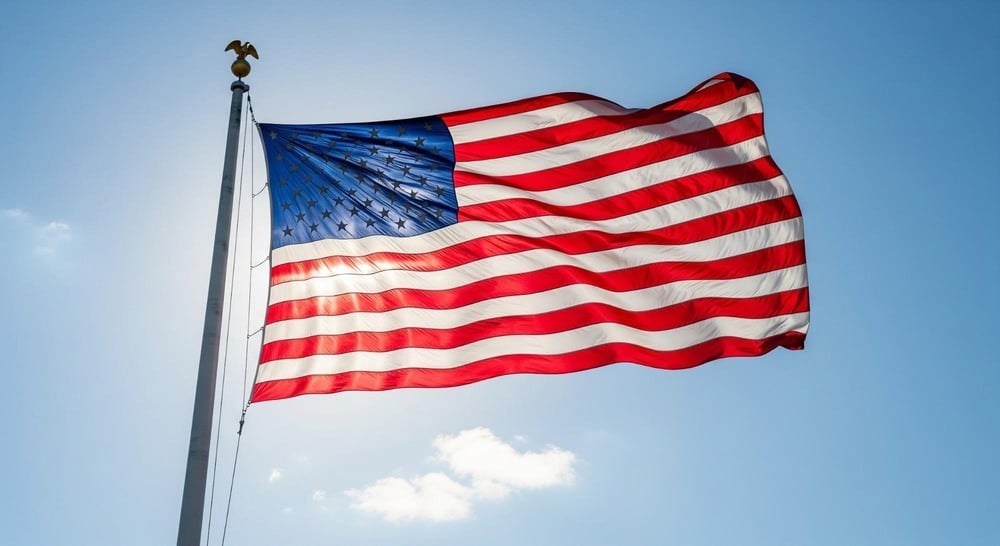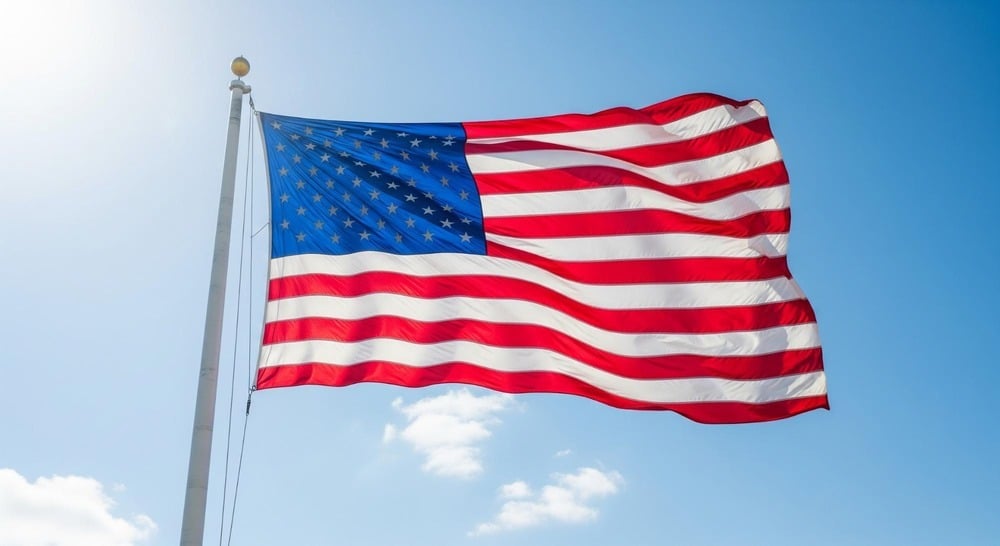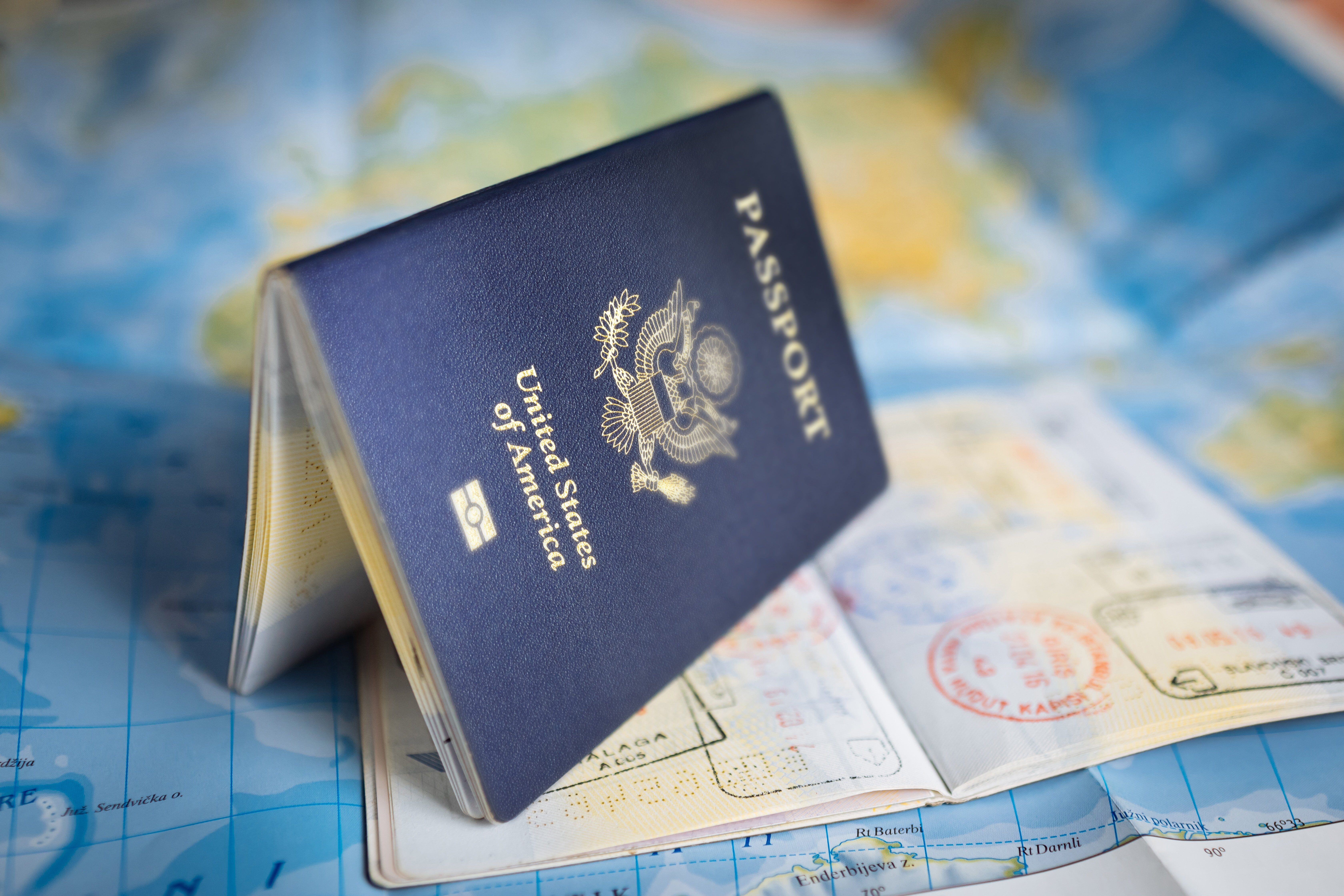The E-1 Treaty Trader visa is a nonimmigrant option for nationals of treaty countries who wish to conduct trade with the United States. Created through treaties of commerce and navigation, it strengthens economic ties by allowing entrepreneurs and companies to live in the U.S. while managing operations. It covers a range of categories, including goods, services, banking, insurance, technology, and tourism. For businesses that depend on cross-border trade, the E-1 provides a reliable way to oversee U.S. activity.
Although the E-1 visa offers key benefits, it also carries strict requirements. Applicants must prove that trade is substantial and continuous, with the majority occurring between the United States and the treaty country. Holders must show nonimmigrant intent, meaning they plan to leave once status ends. Families benefit as well, since spouses can apply for work authorization and children may attend U.S. schools.
What Is The E-1 Visa?
The E-1 is a treaty-based visa designed to promote international trade. It permits foreign nationals from treaty countries to reside in the U.S. while carrying out substantial trade between the two nations. Substantial trade means a steady flow of transactions that provide real value, such as goods, services, banking, technology, or tourism.
The visa supports both large corporations and smaller businesses, provided they meet the required trade volume. Applicants may be primary owners or employees in executive, supervisory, or essential skill roles. By allowing residence in the U.S., the E-1 enables companies to manage operations directly, improving efficiency and strengthening business relationships.
Eligibility Requirements
Eligibility for the E-1 visa is narrowly defined by U.S. immigration law, and applicants must carefully demonstrate that they meet each requirement. The government expects clear evidence that the business relationship is genuine, the trade is significant, and the applicant’s role is appropriate. Meeting the following criteria is essential to qualify.
Nationality Of A Treaty Country
Only nationals of countries that maintain a treaty of commerce and navigation with the United States are eligible. The applicant must present proof of citizenship from the treaty country. In cases where a business applies, at least 50 percent of the ownership must be held by nationals of the treaty country.
Substantial And Continuous Trade
Applicants must show that trade is substantial, meaning it involves a continuous flow of goods or services that generate real value. A single contract or occasional shipment will not satisfy this requirement. Instead, trade must occur frequently and be sufficient to demonstrate a strong ongoing relationship between the U.S. and the treaty country. For many businesses, this is proven through multiple contracts, invoices, and consistent financial records.
Principal Trade Conducted Between The U.S. And The Treaty Country
Principal trade means that more than 50 percent of the business’s total international trade must be between the United States and the treaty country. For example, if a company trades with multiple nations, at least half of that trade must involve the U.S. and the treaty partner country. This requirement ensures that the visa remains focused on strengthening bilateral trade relationships.
Qualifying Roles For Employees
Employees may qualify if they serve in executive or supervisory roles, or if they possess essential skills that are crucial to the business’s operations. Executives and supervisors must demonstrate authority over the company’s direction or management of staff. Essential skills employees must show unique or specialized qualifications that are not easily replaced by local workers.
Application Process & Documentation
Applying for the E-1 visa is not a simple filing—it requires careful planning, thorough organization, and the submission of extensive documentation to both USCIS and the U.S. consulate. Every detail must align to show that the trade is substantial, the ownership structure qualifies, and the applicant’s role meets treaty trader requirements. As an E1 visa attorney, we explain you the details about the application process and what to expect from it.
DS-160 Completion And Visa Interview
The first step for consular applicants is completing Form DS-160 online. This is followed by scheduling a visa interview at a U.S. consulate. E-1 applicants may also need to complete Form DS-156E, which provides details about the company, trade operations, and ownership structure.
Proof Of Nationality And Qualifying Trade
Applicants must provide evidence of treaty country nationality and proof that substantial trade exists. This may include passports, incorporation documents, and ownership records. Trade evidence could consist of shipping invoices, contracts, customs documents, or financial statements showing the volume of trade.
Supporting Documentation From Corporate And Financial Records
Additional documents strengthen the application, such as business plans, organizational charts, and employment contracts. These records help demonstrate that the company is legitimate, active, and structured to carry out substantial trade on an ongoing basis.
Applying From Outside The U.S.
Applicants abroad typically pursue the E-1 visa through consular processing. This pathway allows individuals to begin their status from outside the United States and ensures that they receive a visa stamp enabling international travel. Consular processing is often the best choice for first-time applicants who want a clean start with their immigration history.
Submitting The DS-160 And Scheduling The Interview
The DS-160 form must be filed online, after which the applicant schedules an interview at a U.S. consulate. The interview provides an opportunity for the consular officer to review eligibility and assess whether the applicant meets treaty trader requirements. Applicants should be prepared to discuss their role in the business and the scope of trade activities in detail. Incomplete or inconsistent responses at this stage can raise concerns and slow down the approval process.
Preparing Trade And Ownership Evidence
Applicants should bring detailed documentation showing trade contracts, invoices, and proof of ownership. If the business is a corporation or partnership, evidence of ownership stakes and the nationality of shareholders is critical. Bringing organized and well-labeled files makes it easier for the officer to verify eligibility quickly. Evidence should highlight both the frequency and monetary value of trade to demonstrate substantiality.
Consular Officer Review And Reciprocity Schedules
During the interview, the officer reviews documentation and may ask questions about trade volume, ownership, and business activities. Visa validity is then granted based on reciprocity agreements between the United States and the treaty country. Reciprocity rules vary widely, so applicants from some countries may only receive short visa durations while others enjoy longer validity periods. Understanding these schedules in advance helps families and businesses prepare for renewals.
Applying From Within The U.S. Or Changing Status
Applicants already in the United States may request a change of status to E-1 classification. This allows qualified individuals to remain in the U.S. while their case is processed, avoiding the need to travel abroad for initial approval. It can be a useful option for students, professionals, or business owners who already hold another nonimmigrant status.
Filing Form I-129 With E Supplement
This process begins with filing Form I-129, along with the E supplement, to USCIS. Supporting evidence must accompany the petition, including documentation of trade and ownership. Strong petitions often include business plans, financial statements, and detailed descriptions of employee roles. Submitting thorough evidence reduces the likelihood of a Request for Evidence (RFE).
Maintaining Lawful Nonimmigrant Status
It is critical to maintain lawful status throughout the application process. Applicants must ensure they do not fall out of status while waiting for USCIS adjudication, as this could affect their eligibility for approval. Overstays or gaps in lawful presence can result in denials or bar future applications. Careful tracking of expiration dates and timely extensions are therefore essential.
Differences Between Consular Issuance And Change Of Status
While consular issuance results in a visa stamp that allows international travel, change of status only updates the applicant’s classification within the United States. Those who change status domestically must apply for a visa stamp abroad before reentering the U.S. after travel. For many applicants, the choice depends on personal circumstances, travel plans, and processing times. Consulting with an experienced immigration lawyer helps determine which path is most appropriate.
Key Documents
Applicants should prepare a well-organized set of documents to support their petition. A clear, logical presentation makes it easier for adjudicators to review and confirm eligibility. Organizing files into labeled folders or binders can also speed up interviews and reduce the chance of confusion.
Proof Of Treaty Nationality
This may include passports, national IDs, or birth certificates. For business ownership, corporate records proving treaty nationality of shareholders are essential. Applicants should ensure these records are current and accurately reflect ownership structures. Discrepancies in shareholder nationality can raise questions and potentially jeopardize eligibility.
Ownership And Control Documentation
Ownership records, shareholder agreements, and incorporation certificates demonstrate that at least 50 percent of the business is controlled by nationals of the treaty country. These documents help establish that the enterprise qualifies as a treaty trader business. Including notarized or certified copies adds credibility. Providing translations for documents in foreign languages is also important.
Evidence Of Substantial Trade Volume
Applicants should present shipping invoices, purchase orders, bank statements, and tax returns that confirm the scope of trade between the United States and the treaty country. The records should cover a reasonable time frame to show continuity and consistency. Evidence that reflects both the frequency and monetary value of trade is more persuasive than isolated transactions. Including contracts for future trade can also support the claim of ongoing substantiality.
Organizational Charts And Staffing Information
Charts, contracts, and résumés show the roles of executives, supervisors, and essential employees. This supports the claim that the staff meet E-1 eligibility criteria. Detailed job descriptions can highlight how employees contribute to the success of trade operations. Demonstrating a clear hierarchy and management structure strengthens the case for executive or supervisory roles.
Duration and Extensions
The E-1 visa provides flexibility in length of stay, but its validity is tied to treaty agreements. Understanding how reciprocity rules affect visa duration is critical for planning travel and renewals. Early preparation ensures that you do not face disruptions in business operations due to visa expiration.
Typical Validity Periods (Dependent On Treaty Country Reciprocity)
Visa validity periods differ by nationality. Some treaty countries receive visas valid for up to five years, while others may only receive one-year approvals. Applicants should review reciprocity schedules published by the U.S. Department of State before applying. Knowing the expected duration helps families and businesses plan for travel, renewals, and long-term commitments.
Two-Year Admission Increments For Each Entry
Regardless of visa validity, E-1 holders are typically admitted for two years at a time. Each new entry into the U.S. refreshes the period of stay. This means that frequent travelers can often maintain continuous lawful status. However, overstays or gaps in travel can cause complications and should be avoided.
Unlimited Extensions If Requirements Continue
Extensions are possible indefinitely, provided substantial trade continues, the treaty remains in effect, and the applicant maintains nonimmigrant intent. This makes the E-1 an attractive option for businesses engaged in long-term trade. Applicants must continue to demonstrate compliance at each extension to remain eligible. Planning renewals well in advance helps prevent lapses and avoids unnecessary stress.
Benefits & Conditions
The E-1 visa offers multiple benefits but also imposes conditions that must be followed. Understanding both sides helps applicants take advantage of the visa’s strengths while avoiding missteps that could disrupt their stay. Careful compliance ensures that families and businesses continue to operate smoothly in the United States.
Ability To Live And Work In The U.S. While Managing Trade
E-1 visa holders may reside in the United States while directing trade operations. This enables closer oversight of U.S. business activities. Being physically present allows traders to meet with partners, negotiate contracts, and manage logistics in real time. It also strengthens relationships with U.S. clients and partners by providing a local presence.
Spousal Work Authorization Eligibility
Spouses may apply for work authorization, giving families greater financial flexibility and career opportunities. This is typically secured through an Employment Authorization Document (EAD). With an EAD, spouses are not restricted to any particular field and may work for any employer or even start their own businesses. This opportunity makes the E-1 especially attractive for families seeking dual career growth.
Education Rights For Dependent Children
Children under 21 may attend U.S. schools or universities while in dependent status. However, they may not work without first obtaining their own work-authorized status. Many families view this as a valuable opportunity to provide high-quality education to their children. Access to U.S. schools also helps dependents integrate more easily into American society.
Requirement To Maintain Intent To Depart Once Status Ends
Because the E-1 is a nonimmigrant visa, holders must show intent to leave the United States once status ends, unless they successfully transition to another visa category. USCIS evaluates intent based on the circumstances of each case, so careful planning is essential. Those interested in permanent residency must pursue other legal avenues such as employment- or family-based green cards. Clear documentation of nonimmigrant intent at each stage prevents unnecessary scrutiny.
Local Expertise: How Pollak PLLC Can Help
E-1 applications require detailed preparation and a strategy that aligns with business goals. Pollak PLLC business immigration attorney helps clients present strong petitions and navigate consular or USCIS processes with confidence. Our hands-on guidance ensures that every stage of the application process is supported with care and attention.
Direct Involvement From Managing Attorney Karen-Lee Pollak
You work directly with Managing Attorney Karen-Lee Pollak, who has decades of exclusive immigration law experience. Her leadership provides the oversight needed to anticipate challenges and address them effectively. Clients benefit from her personal involvement in building strategies tailored to their circumstances.
Decades Of Experience Guiding Treaty Traders
Our firm has successfully represented treaty traders through both consular processing and USCIS petitions. This experience gives us insight into how officers evaluate cases and what documentation they expect to see. We use this knowledge to prepare thorough and persuasive applications.
Strategic Planning For Long-Term Business And Immigration Goals
We develop strategies that account not only for the initial visa but also for long-term goals, such as renewal or transition to permanent residency. This forward-looking approach helps families and businesses avoid surprises and maintain stability. By considering both short-term needs and future objectives, we build comprehensive solutions.
Proactive Communication And Personalized Guidance
We provide clear updates, anticipate challenges, and ensure you remain informed throughout the process. Our communication ensures that you understand each step and can make informed decisions. This level of support builds confidence and helps reduce stress during what can be a complex process.
Consult An E-1 Visa Lawyer For Trusted Guidance
The E-1 Treaty Trader visa is a powerful option for entrepreneurs and businesses seeking to expand their trade presence in the United States. By meeting the requirements and preparing a strong petition, you can take advantage of the benefits this visa provides.
Pollak PLLC serves clients nationwide from offices in Dallas and Fort Lauderdale. We also provide services in English, Spanish, and additional languages. Contact our E-1 visa lawyer today to explore your business immigration options.




